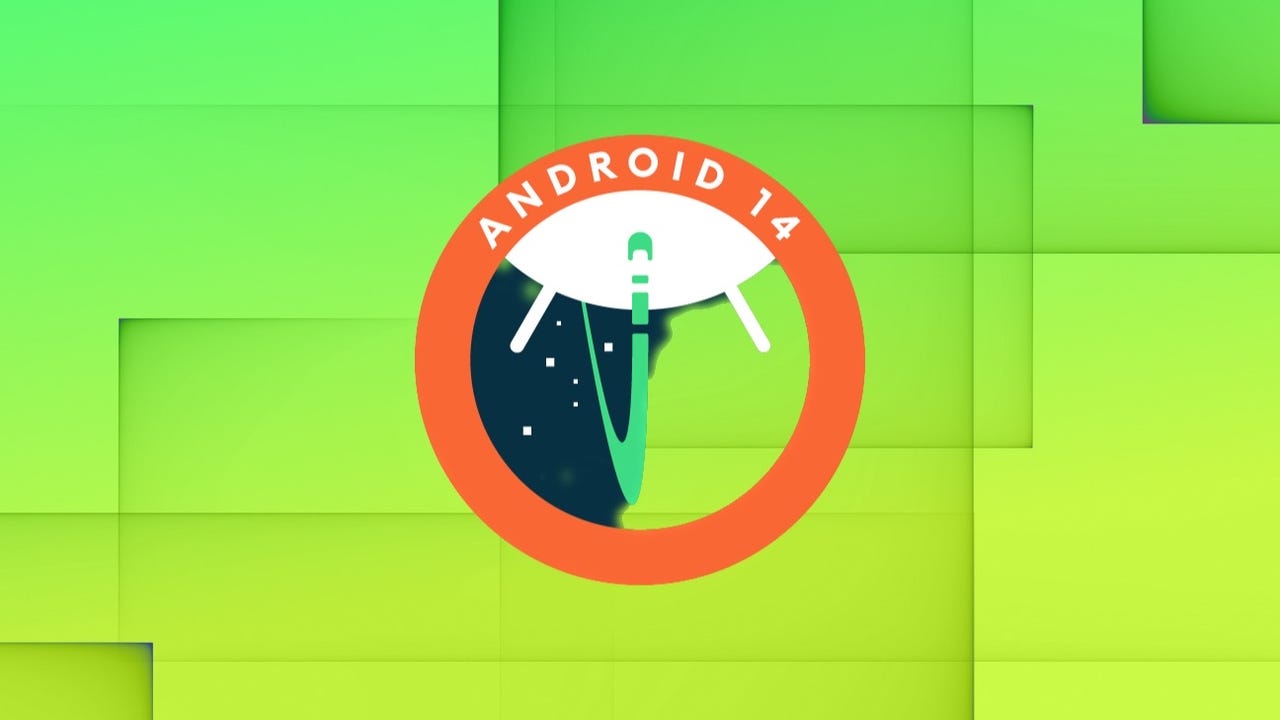'ZDNET Recommends': What exactly does it mean?
ZDNET's recommendations are based on many hours of testing, research, and comparison shopping. We gather data from the best available sources, including vendor and retailer listings as well as other relevant and independent reviews sites. And we pore over customer reviews to find out what matters to real people who already own and use the products and services we’re assessing.
When you click through from our site to a retailer and buy a product or service, we may earn affiliate commissions. This helps support our work, but does not affect what we cover or how, and it does not affect the price you pay. Neither ZDNET nor the author are compensated for these independent reviews. Indeed, we follow strict guidelines that ensure our editorial content is never influenced by advertisers.
ZDNET's editorial team writes on behalf of you, our reader. Our goal is to deliver the most accurate information and the most knowledgeable advice possible in order to help you make smarter buying decisions on tech gear and a wide array of products and services. Our editors thoroughly review and fact-check every article to ensure that our content meets the highest standards. If we have made an error or published misleading information, we will correct or clarify the article. If you see inaccuracies in our content, please report the mistake via this form.
Two Android 14 features I hope Google announces next week


Next week, during the Google I/O opening keynote, Google executives will announce all sorts of new initiatives, probably some hardware, and, of course, software. One of the key software announcements Google makes at its annual developer conference each year is detailing new features and capabilities coming to the next major update to Android.
Also: The best Android phones you can buy (including a surprise pick)
This year, that means we should get a thorough walkthrough of Android 14 and all of the consumer-facing features, along with some of the developer-focussed changes.
To be clear, Android 14 is already available through Google's beta program. Because of that, we know there are some changes around the Material You design and privacy improvements, but right now, the Android 14 update doesn't appear to have a whole lot to get excited about.
Also: Change this one Android setting to instantly make your phone feel twice as fast
That will surely change next week.
And while I'd love to see Google add widget stacks (yes, just like iOS has), or move App Cloning out of the developer options and into the main Settings page, my list of features I'd love to see Android is actually pretty short.
1. Full device backups and restoration
About an hour ago, I factory reset a Pixel 7 in order to test the current state of Android's backup system. I signed into the phone and opted to restore from a backup of a Pixel 7 stored on Google's servers.
The process took maybe 20 minutes to download all of the apps included in my backup and restore any text conversations in the Messages app, along with some of my device settings.
Also: Change this Pixel 7 Pro setting for far better video quality instantly
However, I'll now have to spend at least another hour or two going through and completing the setup process by adding widgets and app shortcuts to the home screen, signing into and setting up my preferences for the 100+ third-party apps, and finding the original file for my current wallpaper.
For what it's worth, Google One claims it backs up your device's current wallpaper. But my experience hasn't matched that.
In its defense, Google has improved Android device backup over the last few years. Currently, when you sign into your Google account on an Android device, here's what gets backed up to Google One:
- App data
- Call history
- Contacts
- Settings
- SMS messages
- Pictures and videos
- MMS messages
That sounds like a lot of information backed up, but as I just experienced, there's still room for improvements, especially when it comes to restoring your apps and even your home screen setup. I don't know about you, but I've spent a lot of time optimizing my home screen, placing app icons and widgets in the right spot.
Also: 3 things Google needs to fix for Android to catch up to iOS
But, whenever I set up a new Android device, I have to go through that process all over again.
It's possible to back up and restore your home screen if you use any of the popular launcher apps such as Nova or Action launcher, but not everyone uses a launcher app, let alone even knows they exist.
Samsung's backup solution includes home screen layout, but in order to use it you have to keep upgrading to a Samsung device.
Also: Can Motorola's new $799 flagship phone entice enough Android users to make the switch?
What if you want to go from a Galaxy S20 to a phone made by OnePlus, Motorola or Google's own Pixel phone? Well, then you're starting fresh.
A standardized method of creating a complete backup of your device, including app settings and preferences, along with home screen layout, would be huge.
2. Build Bard into Android
Instead of placing a Google search bar on every Android device's home screen, put a text field where I can start a conversation with Bard.
Also: How to use ChatGPT: Everything you need to know
I realize it's still very much the early days of AI chatbots, and I admit I haven't fully embraced the idea of relying on artificial intelligence for daily tasks -- but perhaps easier access, along with deep integration into the Android operating system would be enough to persuade me to use it more often.
Here's what I'm picturing. With Bard replacing the search bar, I can still use the chatbot to search random queries like I normally would, but instead of seeing a list of results for me to sort through, Bard would provide additional information and context.
Also: The best AI art generators to try
For instance, I recently asked ChatGPT to explain like I'm five (ELI5) why the Federal Reserve raised or lowered rates, and what impact either decision would have on the economy.
I tried searching it on Google first, but got overwhelmed when trying to sort through the search results to find an easy to understand explanation without a bunch of extra sections about the economy and recessions.
Also: Your phone contains your most personal info. Here's how to keep it safe
Down the road, I'd love to see Google either completely replace or give Android owners the option to use Bard instead of Google Assistant. Outside of asking Google Assistant to create timers, and maybe occasionally control a light, talking to Google Assistant just isn't something I want to do. However, if I could have a conversation with Bard, where I learn something and it's a dialogue instead of a card with search results, I'm all for it.
What about you? I'm curious. What do you want to see Google add to Android 14? Let me know in the comments below.